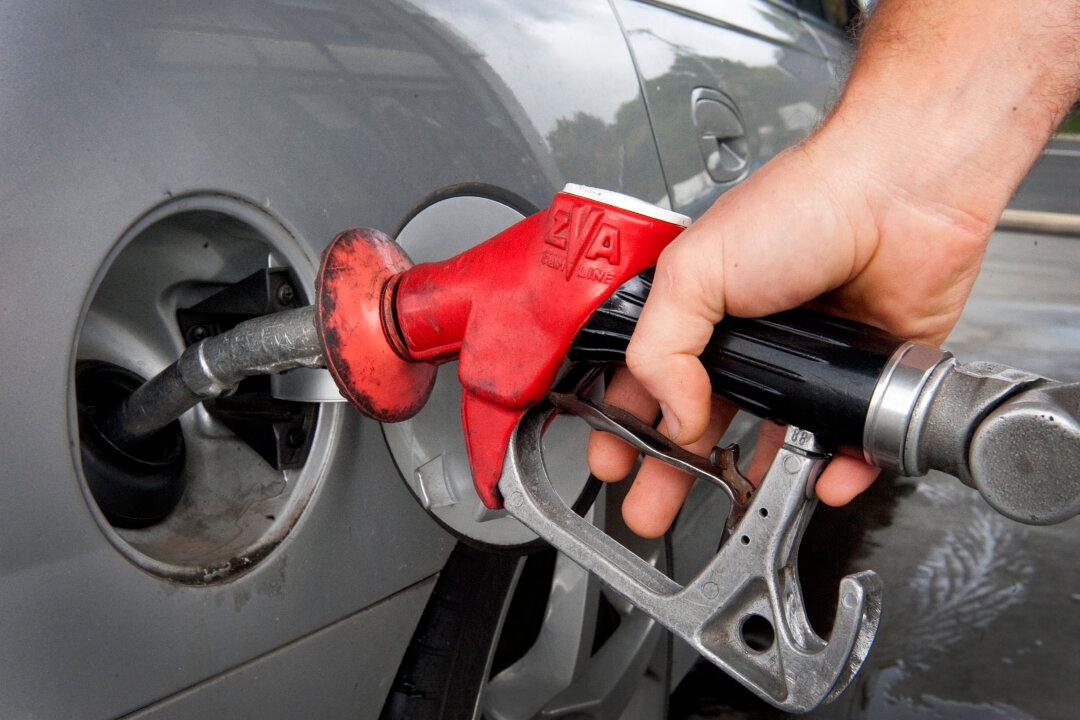Australian think tank the Grattan Institute is calling on the government to end the sale of new petrol and diesel cars by 2035 to help meet the 2050 net-zero emissions target.
In its new report, the think tank said zero-emissions vehicles should be exempt from stamp duty, import duty, and luxury car tax to make the cars cheaper and more accessible to the public.





